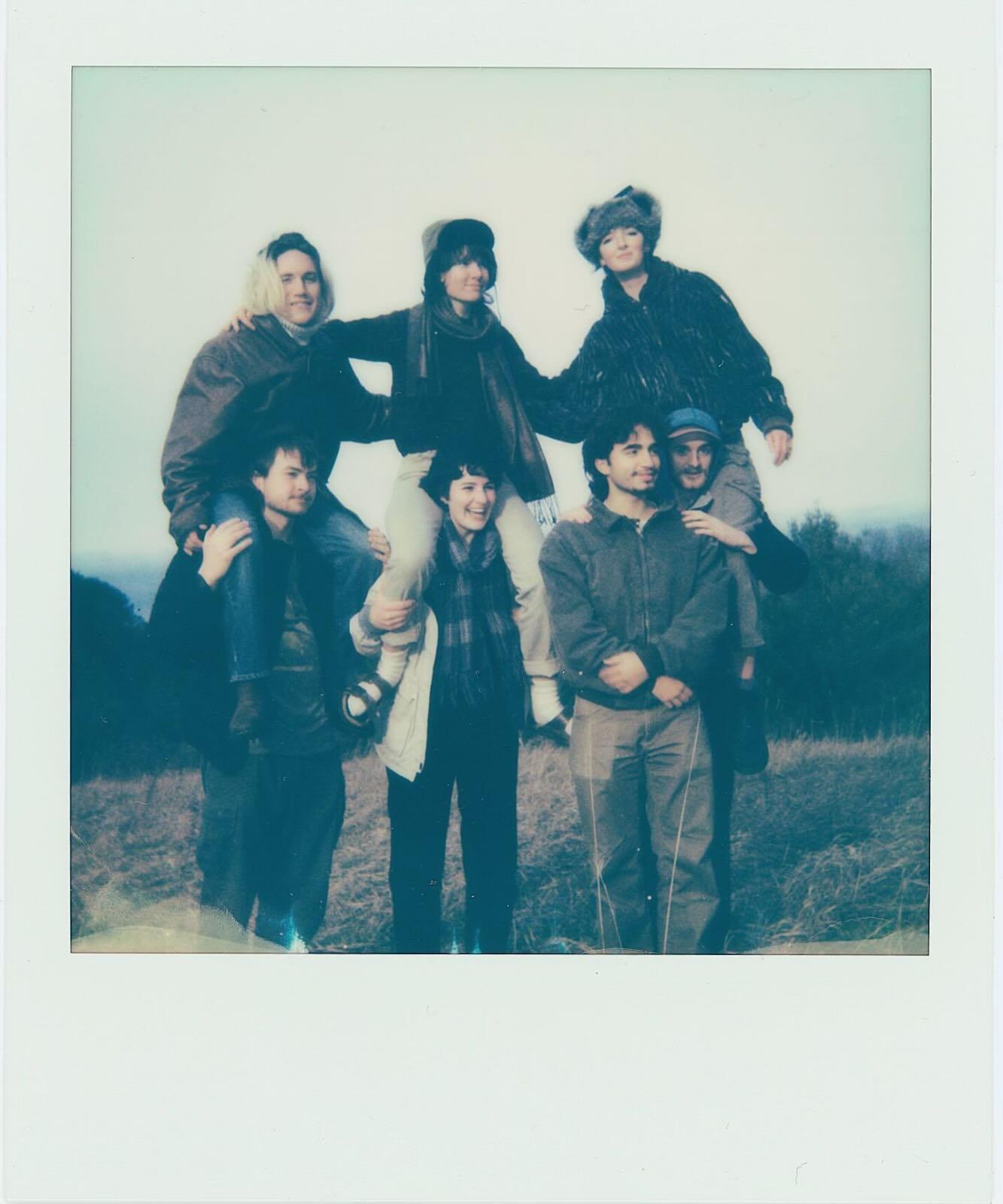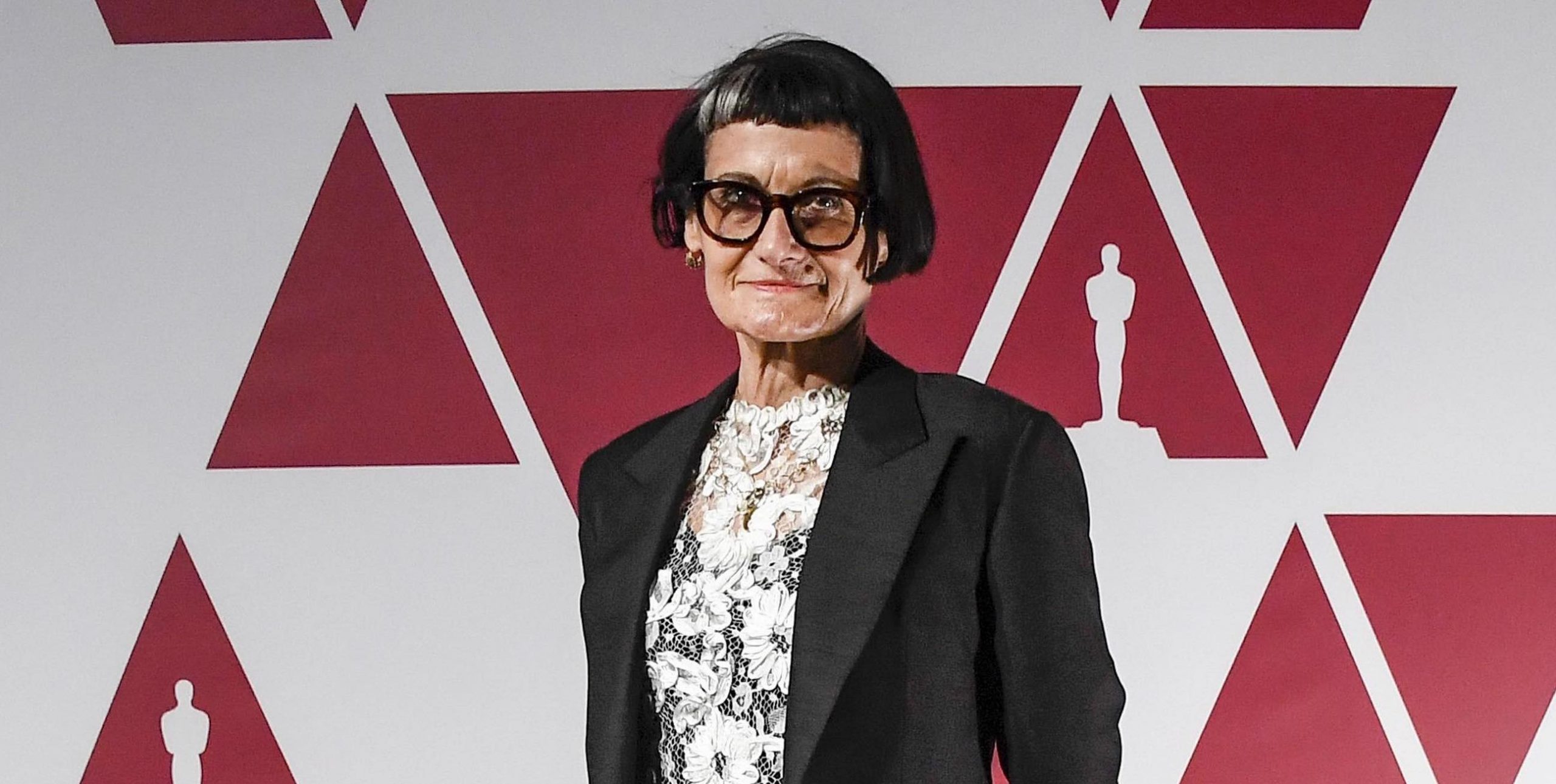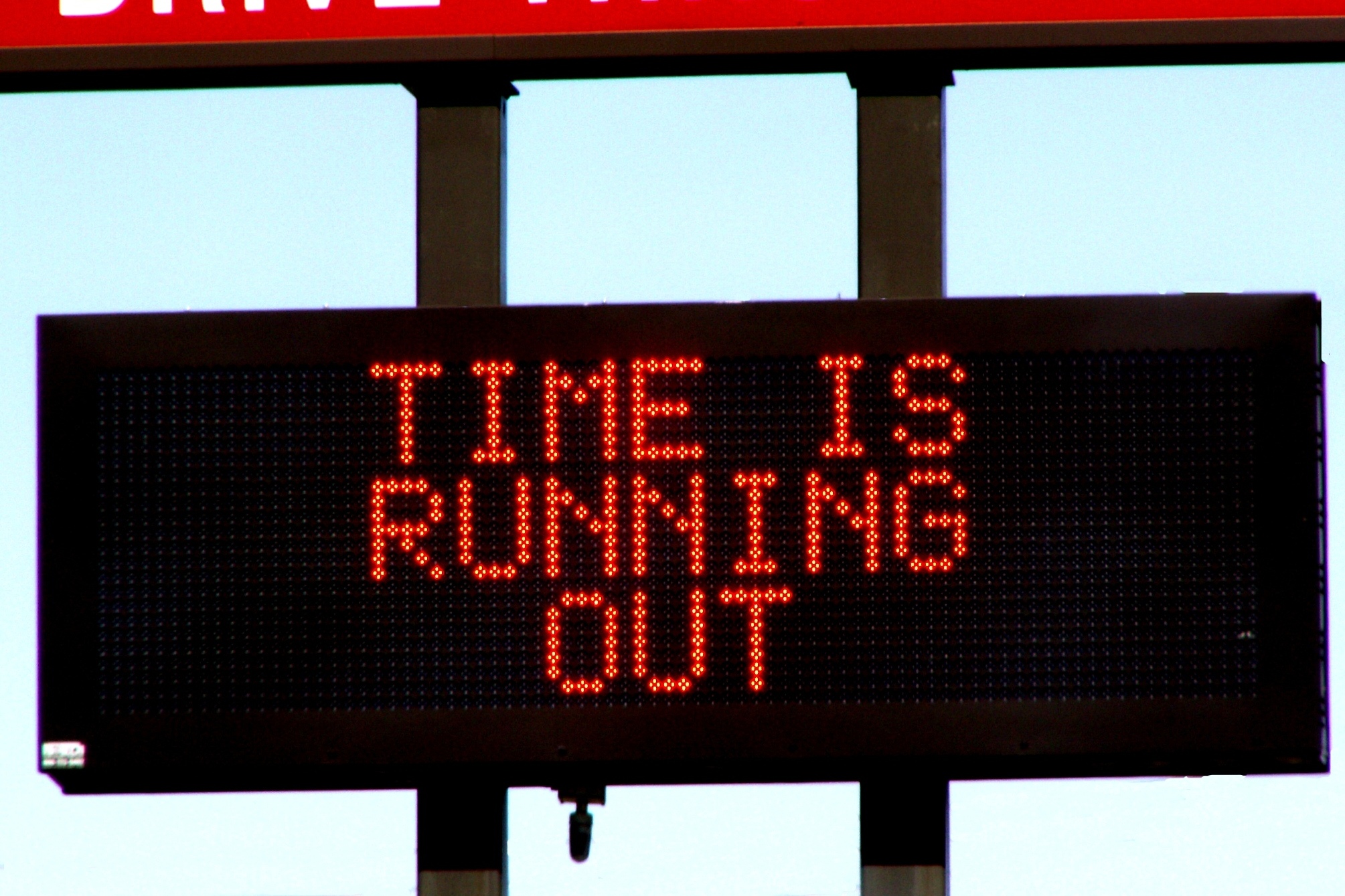
In conversation with: Kingfisher

As the finals of my Music degree ended, and the long-awaited summer vac finally appeared on the horizon, I sat down with one of my favourite bands. Many of them had also completed similar exams in the non-too-distant past.
I had been rationing their music throughout the whole of Trinity term, lest the raw emotion of ethereal joy, intimate grief, and explosive yearning was numbed by the endless slog of revision and routine. Kingfisher’s music can transform in a moment from heart-wrenching pain into overwhelming and playful jubilation, with songs like ‘Holy Hell’ climaxing with an overpowered feedback pedal, perfectly treading the line between an explosion of anxiety and euphoric hysteria. Allowing myself to listen to them again was like a reward, a celebration of freedom.
As it can be a struggle in Oxford to form bands that don’t specialise in funk covers, one of the things I was most eager to discover is how Kingfisher initially formed as a student band. Although I was slightly starstruck, the band were incredibly relaxed and approachable. With the band members crowding into the room in front of a small screen, I was touched that they’d made the time to talk to me, and felt almost as though I had walked into the break room at Oxford’s own music faculty in between rehearsals.
How did you all meet and come together as a band?
Sam DuBose (vocals, lyrics, guitar): Well, we all went to the University of Michigan together as music students, and the four of us were in the in the same year. We just met and started playing music. A few of us were sound engineer majors and everyone else in the band was a jazz major. We met and then we just starting building.
That’s so cool, because one of the things that is so key to your sound is the fact that there are quite a few of you. Is that something you envisioned from the start when you made the band or did it kind of just happen as you met each other?
Sam Uribe-Botero (production, tenor sax): I think it kind of just happened, these three [gesturing to Sam D-B, Callum & Casey] lived together in the house, and I was a friend, and we just slowly started adding people who we thought would be fun to play with, and we eventually became the 7 of us.
And why did you pick the name Kingfisher?
Sam DuBose: I think the first rehearsal ever, we were like “Let’s just be called this.” At some point I had a notes app with band names… We tried it out at that rehearsal, and we just kept it.
What does your song-writing process look like, how do your songs come together? Does someone bring a general framework or is it more improvisation-based?
Callum Roberts (trumpet, guitar): So this guy [pointing], Sam DuBois will normally come in with a song that he’s written, mostly on guitar. Sometimes it will be fully done, or he’ll have a couple of sections that the whole band works on— we did that for “I don’t know what the feel should be here.” So he’ll bring the form and the vocal melody and we kind of work around that, if that makes sense?
So, Sam, are you kind of the leader of the band, if there is such a thing?
Sam DuBois: I guess so— I mean, that’s been said before. Basically yes, but I don’t really see it like that necessarily. We’ve never had a conversation about who leads the band.
Sam Uribe-Botero: We all end up having our own roles and responsibilities.
Always on the lookout for new music recommendations, as well as being fascinated by the way in which genres develop, I was keen to know the bands main musical influences.
Who are your key musical influences?
Callum Roberts: I think because there are so many people in the band, we all bring in our own musical influences. I grew up with jazz saxophone, so a lot of the parts I come up with are more improvisational. I would say in terms of band influences as a whole it was Bon Iver and has been Bon Iver for some time.
Sam DuBose: Black Country New Road, Big Thief, Buck Meek, Dijon, I would say those are the biggest. Definitely Arcade Fire, especially in the beginning. When we started, the goal would be to make music how Bon Iver is making music now, but with electronic components and stuff. Then that completely flew out of the window in terms of the instrumentation. With the first album we still did a lot of that, but now we’ve been more acoustic for a while.
Yeah, I definitely see that in your music. I also noticed that in your song Holy Hell there’s a section (at 2.56) that really reminded me of Steve Reich’s Different Trains. Has Steve Reich had any influence on you at all?
Sam Uribe-Botero: I listen to a lot of that stuff. And the fact that we went to school for music means we’re surrounded and influenced by other musicians.
I was also wondering about any influences on your lyricism. Do you have any specific literary influences, or is it just what comes naturally to you when writing?
Sam DuBose: In terms of some of the songs on our previous album? Bon Iver writes lyrics in a way where none of it really makes any sense, but there is still an impact on the listener. I think with a lot of the songs from the last album I fell into doing that a lot. I don’t want to say it came naturally to me…
Sam Uribe-Botero, sarcastically: Oh yeah, he’s a natural.
Sam DuBose: I think with the different bands that we’ve listed to, you can find pretty consistent ways in which they have influenced us. Because I’ve listened to Arcade Fire so much, that’s just the way I would naturally write a song, in terms of lyrics at least.
Although their image doesn’t involve explicit Americana branding in the same way as Chappell Roan or Lana del Rey, something about their music still strikes me as very American. Despite many of their influences being British Indie bands, there is something that stands out about their music.
I also wanted to ask— as someone who listens to mostly British Indie-Folk music, there’s something distinctly American about your music. Do you see Americanism as part of your identity? Is it something you’re conscious of?
Sam DuBose: I will say, we’ve been compared online to BCNR a lot. We’ve definitely talked about it before. We’re not like a version of them, but I think they also went to music school.
Some of them did.
Sam DuBose: Versus the entirety of our band studied jazz at certain points, which is just American music. I think that played a part in the arrangements and stuff.
Sam Uribe-Bose, laughing: We’re also very much in the Americana music scene. Callum, do you want to say anything?
Callum Roberts, in a Victorian Gentleman’s accent: I’m from Coventry, I was born there. But I moved when I was 11, so I really didn’t have a musical background in England. I will say that when I started listening to BCNR and Black Midi, and drycleaning and even Wet Leg, there was something very British to me about the vocal delivery and the lyrics that makes me think of [giggling] “home” or whatever, but that’s lame y’know. I think especially the British post-rock stuff, or whatever you want to call it, has a really British sound to it. Especially the lyrics and the way that they talk about stuff— BCNR also talks so much about class in their music.
Sam DuBose: And how they sound.
It was surprising to hear BCNR’s Isaac Wood’s southern British accent to be so intertwined with the outsiders perspective on class in Britain.
On top of voice type and subject matter, however, Callum also highlights the music itself as having more typically American traits, touching on the difference between British jazz and American jazz.
Callum Roberts: And Isaac Wood has the strongest British accent maybe ever. We don’t do that, so maybe not doing that makes us sound more American, but when it really comes to the musical component I really think it’s the jazz influence.
It’s so interesting to hear your perspective on it, because up until now I’ve just been speculating. You said in another interview that you’re trying to curate an experience rather than just a performance, and the videos I’ve seen of your performances are in line with this- they all have the same dim yellowish lighting.” To me, these videos seemed reminiscent of Lana del Rey’s slightly gothic Americana image of sunlight, white clothes and black and white images. “Is that a conscious artistic decision and what was the thinking behind it?
Callum Roberts: I think we just think that that makes it look hip honestly.
Sam Uribe-Botero: I think it is conscious in a way. We did that with a group of three visual artists that went to school with us, and we still work with them and they’re fantastic. We’ve been able to continue that relationship, so I think taking a hand in both the visual aesthetics and the music allows us to create something that is cohesive. So if you see the art from the first album, the visuals that we put on social media, the visuals for the album and the physical merch, it’s all similar colours, similar aesthetic. We’re curating it.
Yeah, thank you, I definitely see the theme. Leading on from that, was there a specific uniting theme behind Grip Your Fist or did it kind of emerge as you wrote it?
Sam DuBose: I would say it kind of emerged more than there being a real concept or anything. We wrote a lot of the songs while we were recording them. So throughout the album there are recurring motifs in the melodic lines and the lyrics, and a lot of that is due to the fact that we wrote things while we were recording, so it all came back up. I think as we’ve progressed over a year and a half, we’ve definitely starting finalising things before they’re recorded. We’re being more purposeful in terms of things we want. With the new album we’re working on, I don’t want to say it’s more concept, but there’s a lot more purpose than there was with the previous one.
Callum Roberts: Yeah, I would say more over-arching themes. But there were ones that came together naturally in the last album, just because we wrote them together/
I really liked your Tiny Desk submission, ‘Your New Place.’ Is that a taste of what what we can expect in your new album?
Sam DuBose: Yes it is.
Casey Cheatham (drums, vocals): As is the second submission.
Great, that’s so exciting! Do you have any idea of when it might be released?
Casey Cheatham: We were hoping for early fall, probably towards the end of this year. That’s the goal.
Sam DuBose: We ran into some production issues. We’ve been playing this tour that we’re currently on, and for the last month and a half we haven’t done anything. It’s kind of nice to take a break, but we’re hoping that we’ll be done recording by July.
Would you ever tour to the UK or to Europe?
Sam DuBose: If we can afford it! We’ve definitely talked a few times about how awesome it would be.
Callum Roberts: That would tick off the bucket list
Sam DuBose: We’ll hopefully do it at some point. ∎
Words by Florence Allen. Image Courtesy of Kingfisher.







